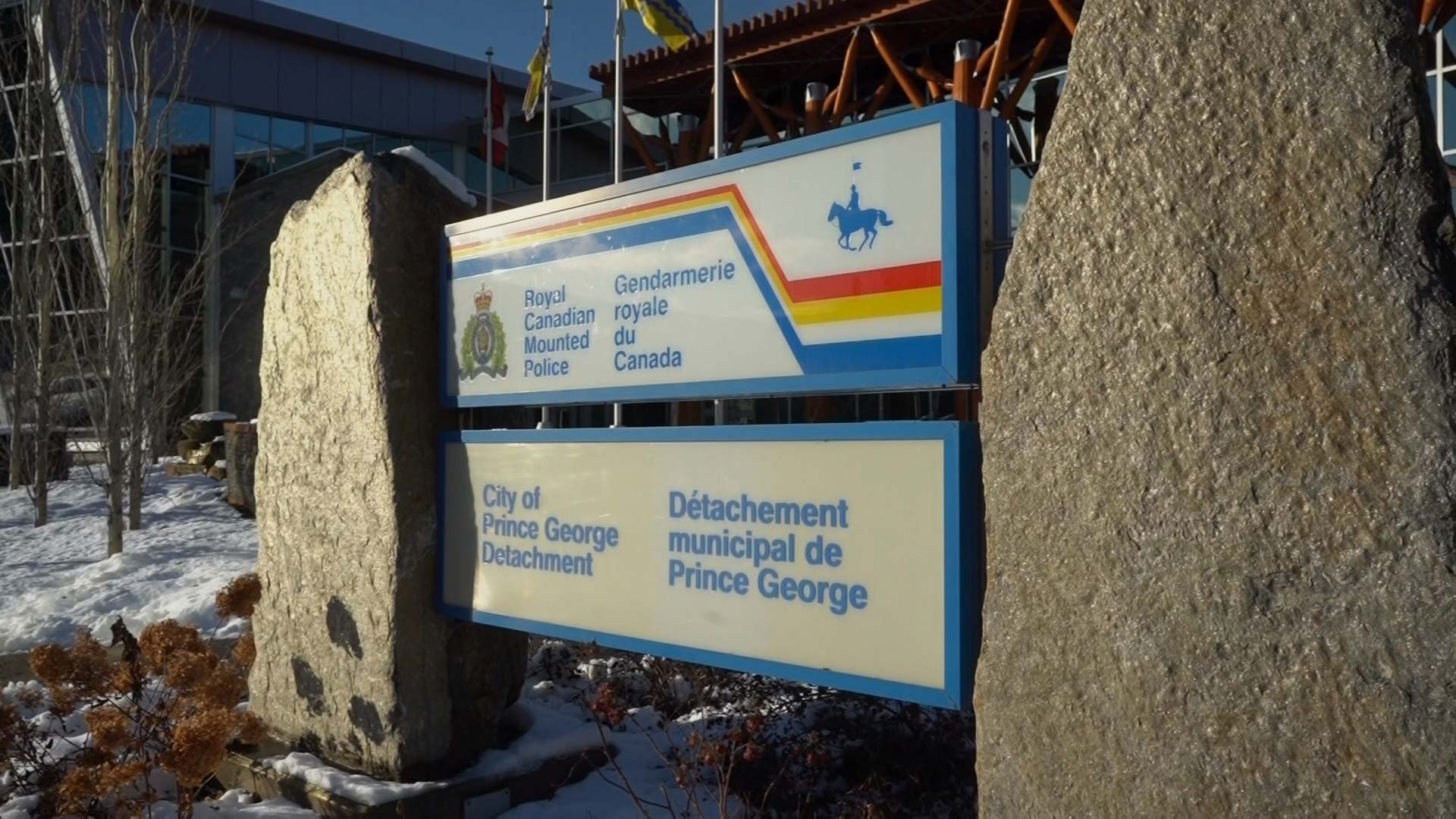
The Prince George railway bridge spans the Fraser River. Photo:: APTN File
They were First Nations girls, about 13- and 14-years old, allegedly being sexually abused by some RCMP officers on the streets of Prince George, B.C. from 2000 to 2004.
But their exploitation, trauma and experiences are not included in a shocking report prepared by the RCMP Civilian Review and Complaints Commission made public this week by the Vancouver Sun.
Instead the report focuses on how some senior Mounties handled the allegations against the officers and lost a videotape with possible evidence.
The report was shared with APTN News by Sun columnist Ian Mulgrew.
Here’s one of the explosive passages: “Between 2000 and 2004, the local RCMP received reports that a number of RCMP members at the Prince George Detachment in British Columbia had engaged the services of and, in some cases, assaulted underaged female sex-trade workers.
“This information coincided with the receipt of similar information that Prince George Provincial Court Judge David Ramsay was abusing underaged female prostitutes and procuring their services. The RCMP investigated Judge Ramsay, who was ultimately charged and convicted after confessing to several of the charges. He received a seven-year sentence in 2004.”
The RCMP in Prince George said it found no evidence to support the accusations against its officers, the report added.
“Rumour at this point is the tapes contained video of [two officers] driving around Prince George on duty and approaching prostitutes asking them to show them their breasts. This has never been confirmed.”
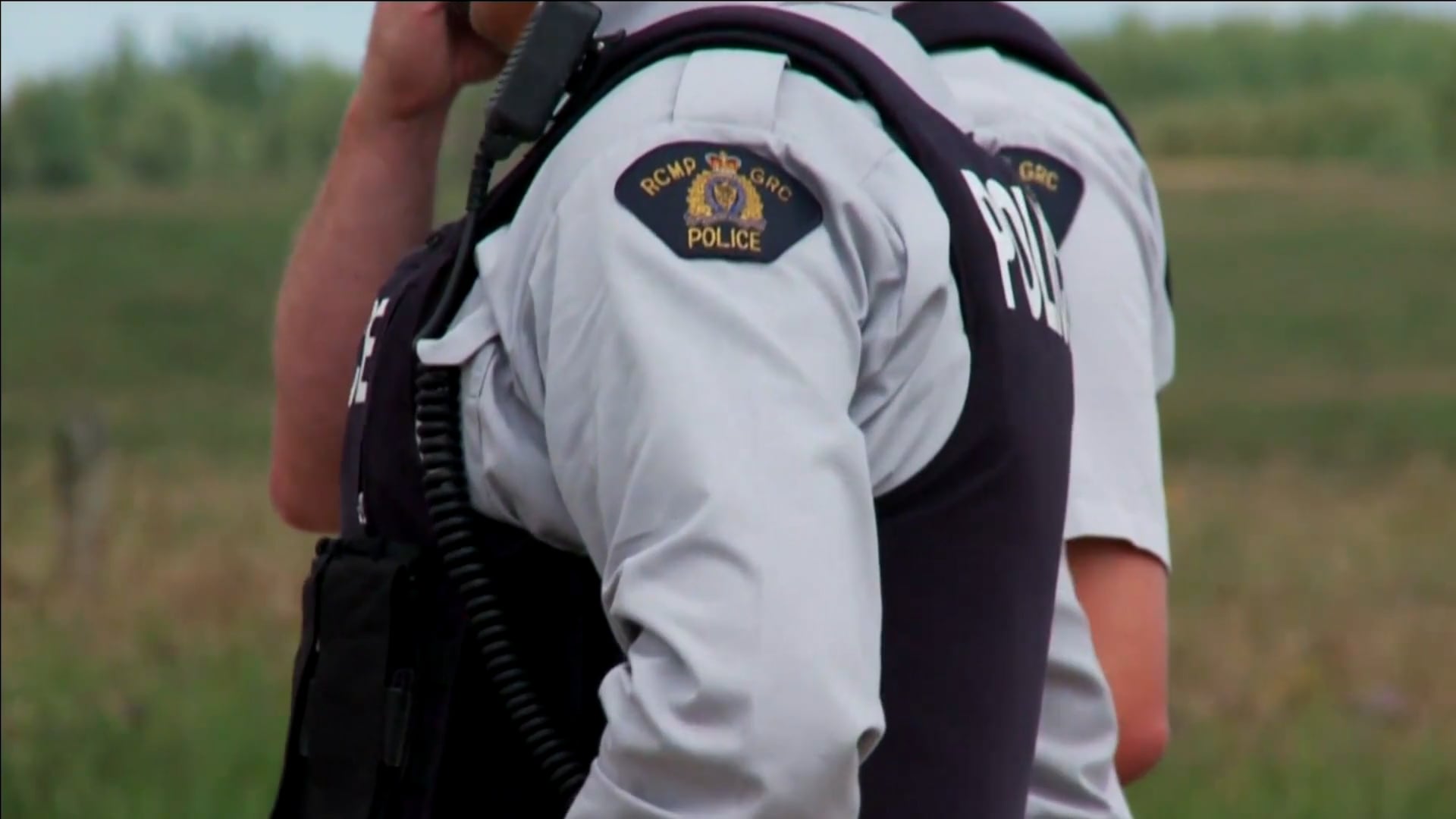
The report said about five or six videotapes were discovered later in the Kamloops, B.C. home of one of those two officers – by his ex common-law spouse.
The videotapes implicated her ex and another officer in “potential criminal acts” in Prince George in 2006 and earlier, the report said the junior Mountie in Kamloops alleged.
The report said her home was broken into and the tapes stolen shortly after she confided in a superior officer and he advised her to hide them in the house.
The young officer suspected the superior officer of informing to her ex, the report said.
The ex later confirmed he broke into her home to retrieve his belongings, the report added.
But the break, enter and theft by a serving officer was considered a “civil” matter, the report added.
There is no mention of the vulnerable girls, who were alleged to have been used and abused by up to nine Mounties and the provincial court judge from the late 1990s to 2004, to having been interviewed.
The explosive report by the RCMP Civilian Review and Complaints Commission [CRCC] was triggered in 2016 by a complaint from Garry Kerr, a now retired Mountie.
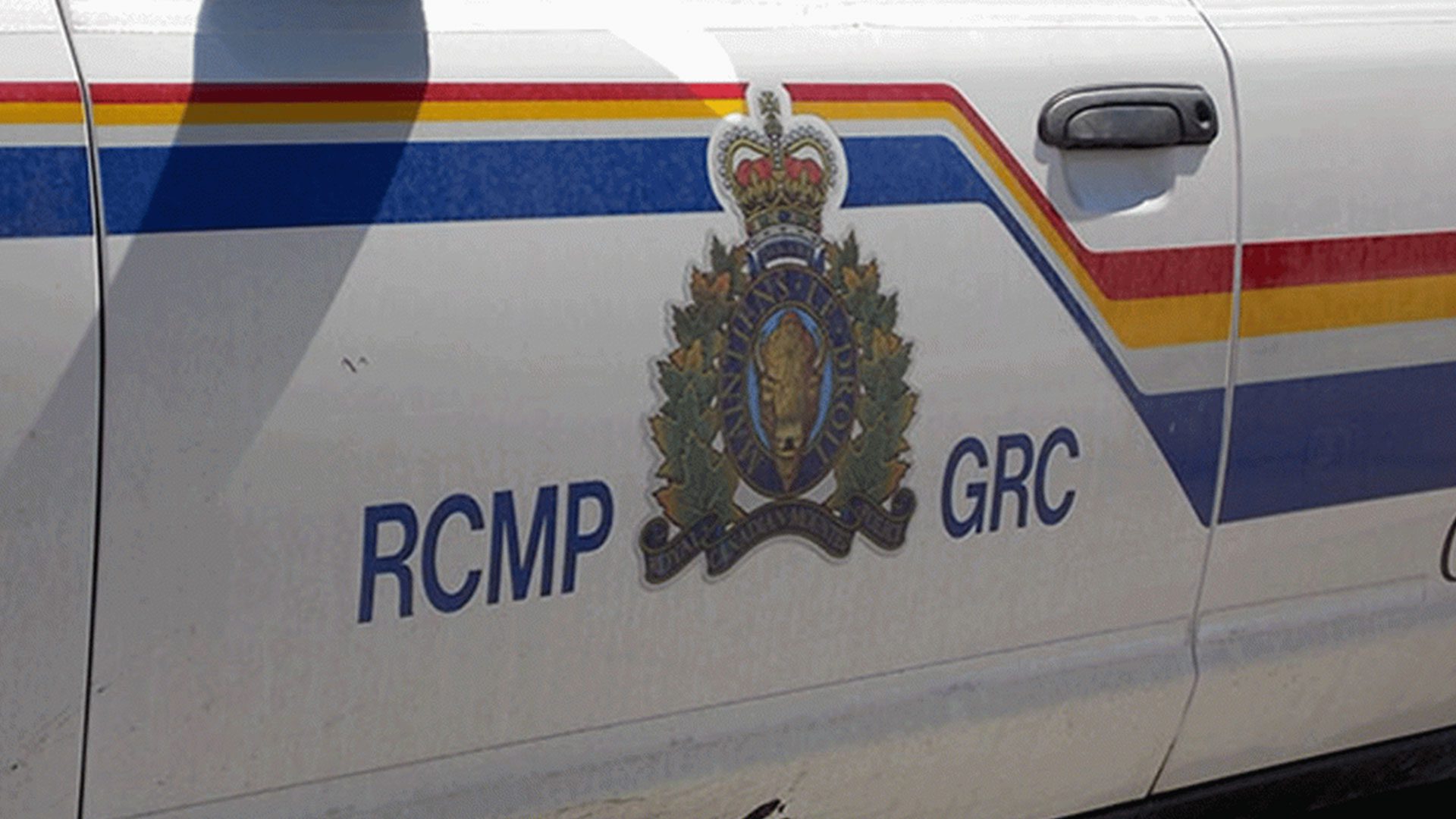
The Commission is an independent agency with a mandate to impartially investigate complaints about RCMP conduct that are “in the public interest.” It is not part of the RCMP.
In an interview with APTN this week, Kerr said he turned to the CRCC after years of waiting for the RCMP to investigate its own officers.
“The report is stunning,” he said of the 33 pages. “I read it and I read it and I read it.
“I feel I was vindicated.”
Kerr received the final report, which made a small number of recommendations, in March 2021 after RCMP Commissioner Brenda Lucki signed off on it.
As per one of the recommendations, Kerr said he received an in-person apology from a senior Mountie at a hotel coffee shop and a written apology from Lucki.
Lucki declined to be interviewed by APTN for this story.
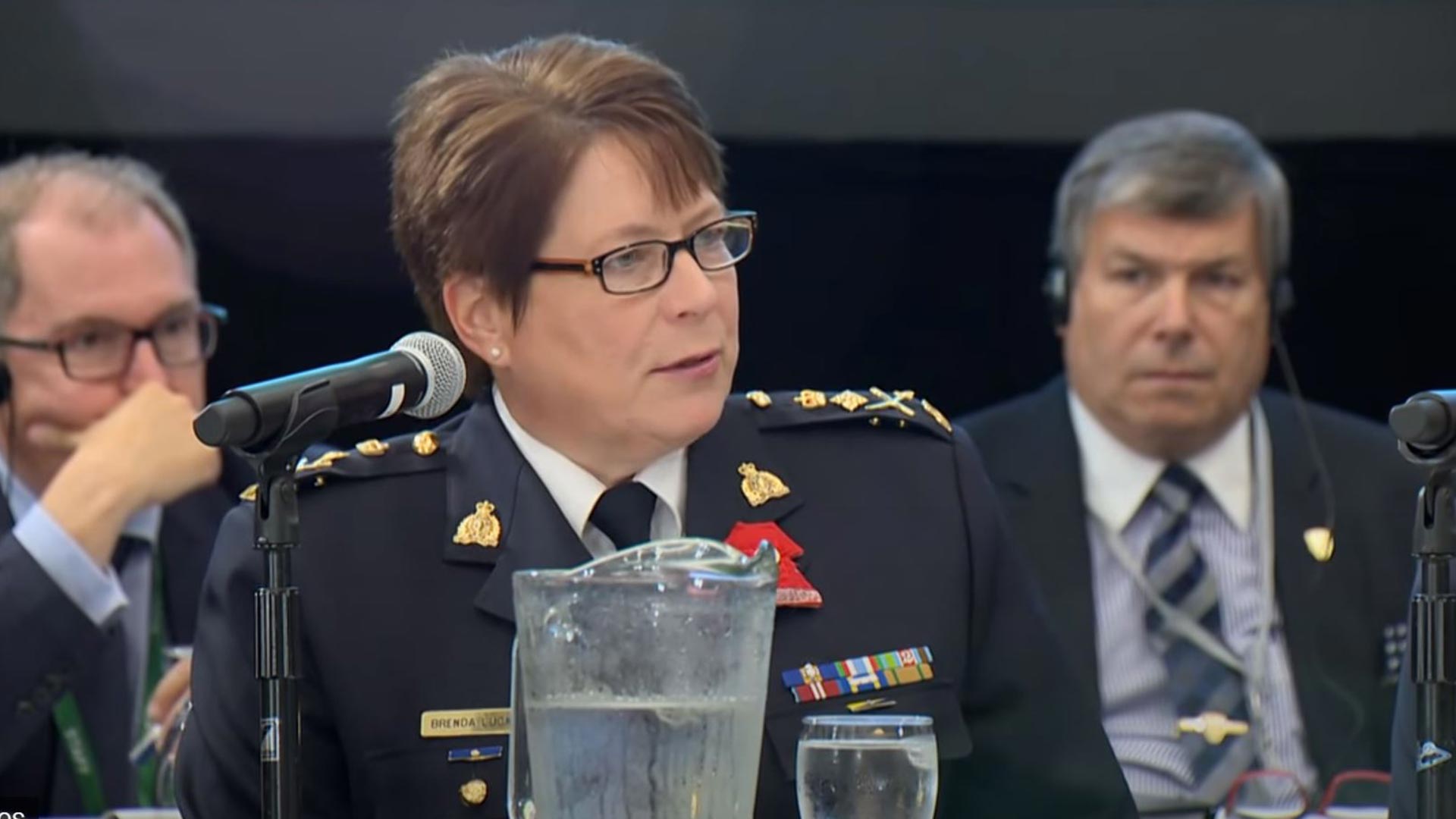
Kerr said he doesn’t accept the apologies.
“This is bullshit,” he said.
So what does he want now that the report is public?
“I want First Nations to hold the RCMP to account,” he said.
Kerr was a staff-sergeant in Kamloops, in charge of the Major Crimes Unit, when the female constable called him in 2011 about the tapes and the break-in, he said.
Said the report: “[She] believed that the two tapes…might be relevant to…the allegations made by underaged sex-trade workers in Prince George.”
Kerr said he contacted a senior officer at RCMP “E” Division – “the No. 2 guy in the province” – to share the constable’s information.
The colleague promised an immediate investigation, said Kerr, who spent three decades with the national police force.
“It was common knowledge in the RCMP about the girls in Prince George,” he said. “There was a lot of info floating around.”
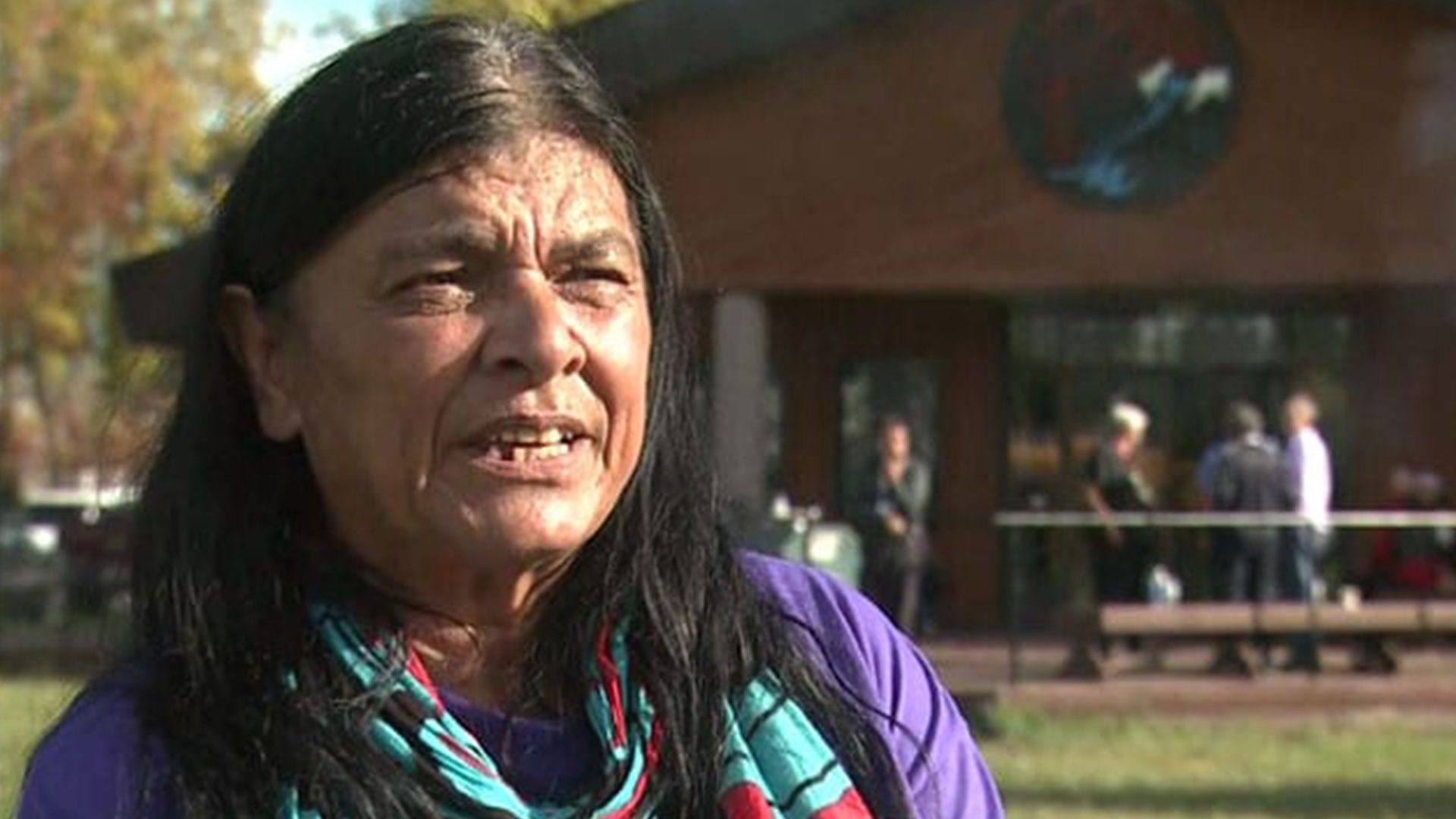
This doesn’t come as a surprise to Gladys Radek, a First Nations advocate for families of missing and murdered Indigenous women and girls, who lives in northern B.C.
“I was twice raped by Mounties,” she alleged Thursday, noting she did not file a criminal complaint. “Who was I going to tell? Who was going to investigate?”
When her 22-year-old niece, Tamara Chipman, disappeared in 2005 along B.C.’s Hwy 16 – now dubbed the Highway of Tears – that runs through Prince George, Radek began lobbying for a national inquiry into missing and murdered Indigenous women and girls.
Dozens of people have vanished along the route for decades and their cases remain unsolved, including Chipman’s.
“The RCMP were always suspected,” Radek said by phone. “There are accusations, rumours…
“With the inquiry is how we were going to hold the RCMP to account. We tried.”

Kerr was among the first group of witnesses to testify in 2017 at the second public hearing of the inquiry in Smithers, B.C., located along the Highway of Tears.
He was invited by the sister of Alberta Williams, whose missing persons case in Prince Rupert, B.C. he investigated earlier in his career and still remains open.
Radek also testified before the inquiry. She told the commissioners about her niece’s case and the years of fear and mistrust families of missing and murdered Indigenous women and girls have towards the RCMP.
“It’s a broken relationship,” she said. “We – First Nations people, families, victims – are not believed. We have talked and marched, and marched and talked.”
She said First Nations leaders in B.C. are angry about what they’ve seen and heard of the CRCC report this week.
APTN contacted the Union of British Columbia Indian Chiefs and Terry Teegee, the regional chief of the Assembly of First Nations in B.C., for comment and didn’t hear back.
Kerr said the female officer who called him said she was unsure whom she could trust in the RCMP.
He said he never saw or watched the tapes, and turned to the CRCC after years of waiting for promised investigations that never materialized.
“They buried it,” he said of RCMP brass in B.C. “They thought I would go away.”
The report chronicles the non-investigations via interviews with senior officers named by Kerr.
“In his complaint, Mr. Kerr alleged that the RCMP failed to investigate a criminal complaint made against two RCMP members of the Kamloops Detachment and a retired RCMP member, and that the RCMP failed to charge these individuals with criminal offences. Mr. Kerr also alleged that he had not been informed of the RCMP’s response to the criminal complaint in a reasonable manner,” the report said.
“By the time Staff Sergeant Kerr retired from the RCMP in March 2012, he had not been informed about the progress or outcome of any investigation of the criminal complaint that [the female constable alleged and] he had submitted on June 12, 2011.”
The report details long gaps of inaction and finger-pointing among management.
“I didn’t hear anything in 2017, 2018, 2019, 2020,” Kerr said. “Nothing.”
It said the officer accused of the break, enter and theft was never charged. However, two officers were suspended with pay during internal investigations, the report said, under the RCMP’s Code of Conduct.
Only one officer was referred to a disciplinary board and that referral was later dismissed.
The report reveals that one tape – kept in another location in the home – was turned over to RCMP and subsequently lost.
Imagine Kerr’s surprise when the female officer, who is no longer with the force, messaged last week to say the tape had been located. But when she asked for it to be returned she was told No, Kerr said.
“You can’t even make this stuff up,” he said. “It’s a whole sordid affair.”
The report concluded that:
1) The RCMP failed to reasonably investigate the criminal complaint that [Kerr] brought forward on June 12, 2011.
2) The Professional Responsibility Unit of “E” Division failed to conduct Code of Conduct investigations of the allegations in a timely manner.
3) There was a breach of policy and practice resulting from the unexplained loss of the video tape provided to the RCMP in 2011.
4) All members responsible failed to keep Staff Sergeant Kerr, both as a member and an originating complainant, adequately informed.
“[The female constable] made potentially serious allegations of criminal and professional misconduct…and that the offence of criminal conspiracy 19 may also constitute a matter for investigation,” the report said.
“Finally, [the] actions allegedly recorded on the tapes could constitute supporting evidence of…suspected criminal conduct with underaged sex-trade workers in Prince George in the early 2000s.”
The report was blunt in its criticism of the high-ranking officers involved.
“For reasons unknown, based upon all the disclosed RCMP records, it appears reasonable for the Commission to conclude that no one presented with the criminal allegations reported by [the constable] to Staff Sergeant Kerr and [an inspector in] 2011 ensured that a reasonable assessment was conducted in the first place, let alone a reasonable investigation.”
Lucki received the report in 2018.
“She sat on it for two-and-a-half years,” said Kerr.
In 2021, the commissioner agreed with the report’s findings and recommendations that called for an immediate internal review and assessment of the female constable’s criminal allegations.
Kerr said a senior officer insisted on meeting him in person to tell him the allegations were subsequently investigated and a Crown attorney hadn’t seen enough evidence to support the laying of criminal charges.
Kerr said he doesn’t believe such an investigation took place or that the results were reviewed by a prosecutor.
“No way,” he said. “If that happened, if there was an investigation, I would have heard about it.”



